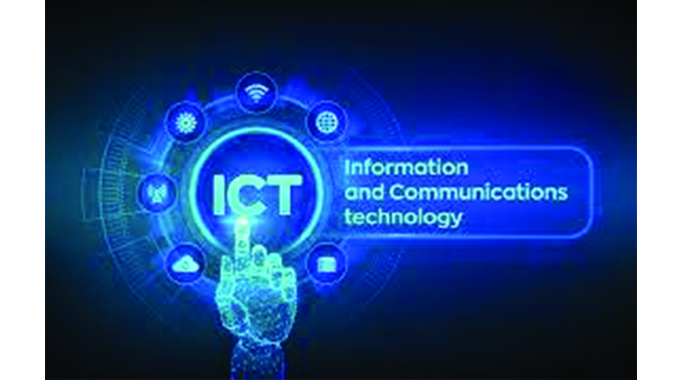
The Sunday News

Sukulwenkosi Dube-Matutu, Sunday News Reporter
THE Internet Society Zimbabwe Chapter has launched the Digital Education Empowerment Platform (Deep) in Matabeleland South Province that will enable schools to share educational content and access the internet for free using a local network.

Deep is a web-based platform, which means it can be accessible through any internet device within a 75-kilometre radius of the specified server.
Users can search for content and access content in vernacular. Schools that are connected to the server can upload educational content onto the platform.
The pilot project is being implemented in Matabeleland South and North.
Internet Society is a USA-based NGO which lobbies for internet connectivity, cheaper data access and cyber security.
Speaking during a launch of the platform in Gwanda recently, Internet Society, Zimbabwe Chapter infrastructure and technology officer Mr Ntokozo Ncube said the purpose of the platform was to ensure that schools could access information on the internet, free of charge.
In attendance were school heads, School Development Committee chairpersons and teachers.
The participants received training on how to configure the connections.
“The digital educational empowerment project is a programme that seeks to bring content to educationists and communities in Matabeleland North and South.
The platform is coded in Zimbabwe and it’s for free.
It allows users to interact with it using their local languages,” he said.
Mr Ncube added: “At the moment the platform has four languages which are Ndebele, Tonga, English and Nambya. We started the project in Matabeleland North and South that’s why we are focusing on these languages for now and more languages will be added.
As we give these platforms to the communities and schools we expect them to feed more languages and content in these platforms which are relevant to their syllabus.
The reason for including communities is so that even when school heads or teachers transfer the project will remain.”
He said the platform was going to use a local area network which connects schools in the province.
Mr Ncube said for a start they will mount two servers in the province, one in Gwanda and the other in Umzingwane.
He said schools and communities within a 75-kilometre radius from the server could access the network.
Mr Ncube said nearby schools with Information Communication Technology (ICT) equipment could then connect to the server and access the internet for free.

“For a start we have two servers in Matabeleland North and two servers in Matabeleland South.
In Matabeleland South the servers are at Gwanda Adventist Primary School in Gwanda Town and Nsezi Secondary School in Umzingwane.
We have noticed that some schools have been given computers but they don’t have funds to pay for internet.
So as long as schools have gadgets they can connect to the server for free.
We will be offering installation services to schools that have gadgets and with connection.
We are trying to make internet accessible and cheaper,” he said.
Mr Ncube said the platform has an interface to allow schools to load more content.
He said so far they have loaded content in Science, Geography, Agriculture, Mathematics and Computing.
Mr Ncube said going forward they will engage individuals that will develop content that will be loaded onto the platform.
He said in the meantime schools could load content that is relevant to their syllabus.
Internet Society Zimbabwe Chapter vice-president Mr Tawanda Maguze said in addition to the digital education empowerment platform they were also running a Sadc open learning platform which was hosting over 12 000 students in countries in Southern Africa.
He said the Internet Society was also running a digital skills training project which was piloted last year.
Mr Maguze said the project which has so far been implemented in 18 schools is a resource for teachers to become digital citizens. “When we talk about digital citizenship we are looking at skills that make you a competent and complete digital citizen.
While teachers teach ICT in class we want them to also incorporate ICTs in their day to day activities.
The project also targeted on equipping young people with skills on how to use the internet safely, responsibly and profitably,” he said.
Mr Maguze said the use of ICT had become critical in the learning process, especially during the Covid-19 period.
He said digital platforms as a tool for education could cut down costs and transcend geography.
Mr Maguze said Government has recognised ICTs as a very central tool for education and unlocking many other opportunities.
He said the Internet Society was complementing Government’s efforts through facilitating skills training in ICT, introducing digital platforms to improve access to internet and ensuring communities has access to cheaper internet through community networks.
–@DubeMatutu



